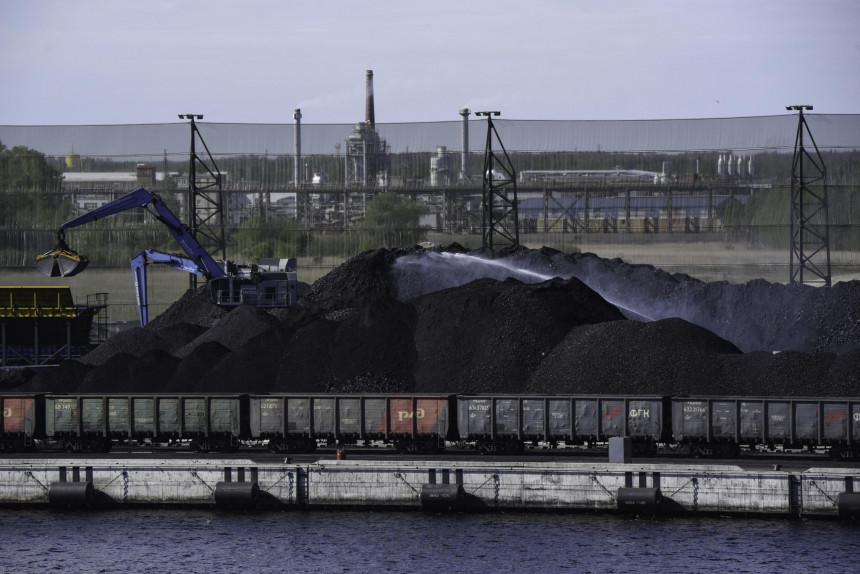MEPRD: Equating wood to coal was a mistake

It turns out that burning wood does not produce any sulfur dioxide emissions, people don't start dying and it was simply a foolish mistake in the rules on small boiler houses. After a publication by Neatkarīgā, the Ministry of Environmental Protection and Regional Development is correcting a defect in the “Regulations on the Limitation of Air Pollution from Combustion Plants.”
The new rules governing the procedure for calculating emissions and, consequently, the calculation of the natural resource tax payable were adopted by the government earlier this year. They apply to small boiler houses, which mainly burn wood chips. Latvia is full of such - about 1500. One of the most important principles of the legal protection of the environment is: the polluter pays. However, the polluter does not have to pay for the pollution that it does not cause. Unlike coal, burning wood does not emit sulfur dioxide. However, in the defective regulations, all solid fuel is lumped together in the same bag or furnace, and wood is treated in the same way as coal and fuel oil in terms of harm.
The regulations will be amended
Andis Vaičulis, an environmental expert who professionally works with boiler house emission calculations, drew the attention of Neatkarīgā to this absurdity. The expert warned that air quality will now deteriorate on paper. In the past, SO2 emissions were not calculated at all for wood-burning boiler houses, but now they will cause large emissions and, as a result, it will turn out that the small village boiler house suddenly causes significant air pollution. And accordingly “Heating may become more expensive due to emission recalculations.”
Neatkarīgā asked the Ministry of the Environment as to why such nonsense had been incorporated into the regulations. First of all, we received an explanation that the requirement to pay for non-existent emissions can be avoided in several ways - by buying new boilers or by regularly analyzing the composition of emissions. But a few days later, a notice was posted on the website of the Ministry about the amendments to the Cabinet of Ministers Regulations No. 17 “Regulations on the Limitation of Air Pollution from Combustion Plants.” The public is invited to submit comments by 7 May.
There is no sulfur in the wood
The annotation of the draft amendments acknowledges that after the approval of the regulations of the Cabinet of Ministers, an error was discovered in the emission factors included in Annex 1, which are used to calculate boiler house emissions and calculate the natural resources tax:
"Overall, the sulfur level in biomass is generally very low and significantly lower than for fossil fuels such as coal and fuel oil. Therefore, installations using solid biomass as fuel produce virtually no sulfur dioxide or SO2 emissions. There are also no SO2 emission limit values for biomass installations at the EU level.
In order to avoid having to pay a natural resource tax on emissions that are generated at a minimal level and to avoid creating an artificial increase in the natural resource tax, the draft regulation plans to delete the SO2 emission factors in the case of solid biomass use."
The ministry has also found that there are too many boiler houses in Latvia to make emission measurements for all of them at once - there are simply not that many laboratories. Therefore, the ministry plans to postpone this requirement until 2023.
The polluter, of course, has to pay. But they only have to pay for the pollution they actually create.
*****
Be the first to read interesting news from Latvia and the world by joining our Telegram and Signal channels.